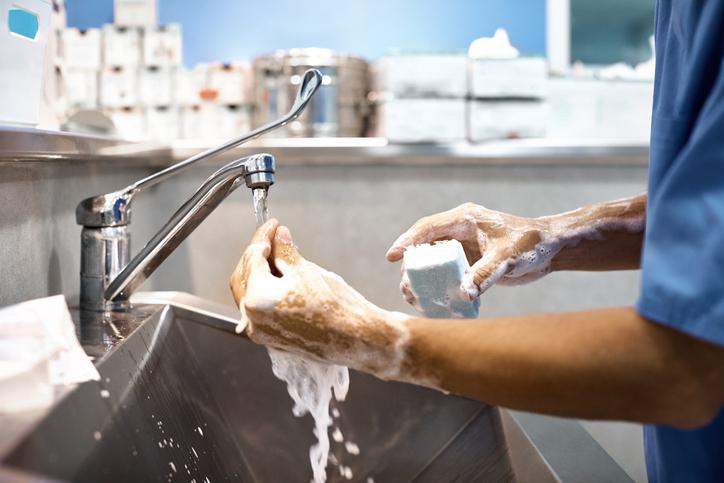Reducing Preventable Mistakes in Hospitals

Computers may be able to help hospitals reduce preventable mistakes. A recent article in the Wall Street Journal explored how researchers are using “computer vision” to track actions by doctors, nurses and visitors such as hand washing and sanitation, which if skipped, could adversely impact patient health.
“Even the most attentive physicians and nurses are likely to skip steps occasionally without realizing it,” noted Arnold Milstein, a professor of medicine and director of the Clinical Excellence Research Center at Stanford University. “Computers, on the other hand, can maintain a constant state of vigilance.”
In the pilot studies, researchers installed sensors in key locations from operating rooms to hospital hallways and patient bedsides. The sensors generated blurry video that protected patient identities, but that showed whether certain actions were taken. After a training period of analyzing thousands of images, the computers were able to accurately identify hand sanitization 98 percent of the time. The next step, according to the article, is to determine how to encourage vigilance. Suggestions included an alert on the sanitizer dispensers or a digital dashboard to track compliance for an entire unit.
Researchers also went beyond hand washing to track whether patients on ventilators are given proper oral care to prevent onset of pneumonia, and whether staff change a patient’s position on the bed to prevent bedsores. Future applications of computer vision may be applied to preventing patient falls. The ultimate goal is to intervene at key checkpoints to issue warnings before mistakes are made, according to the article, but this may be years away.
Were you or a loved one injured by a medical mishap or lapse in the standard of care? Contact an experienced Philadelphia medical malpractice attorney to discuss your legal options.

